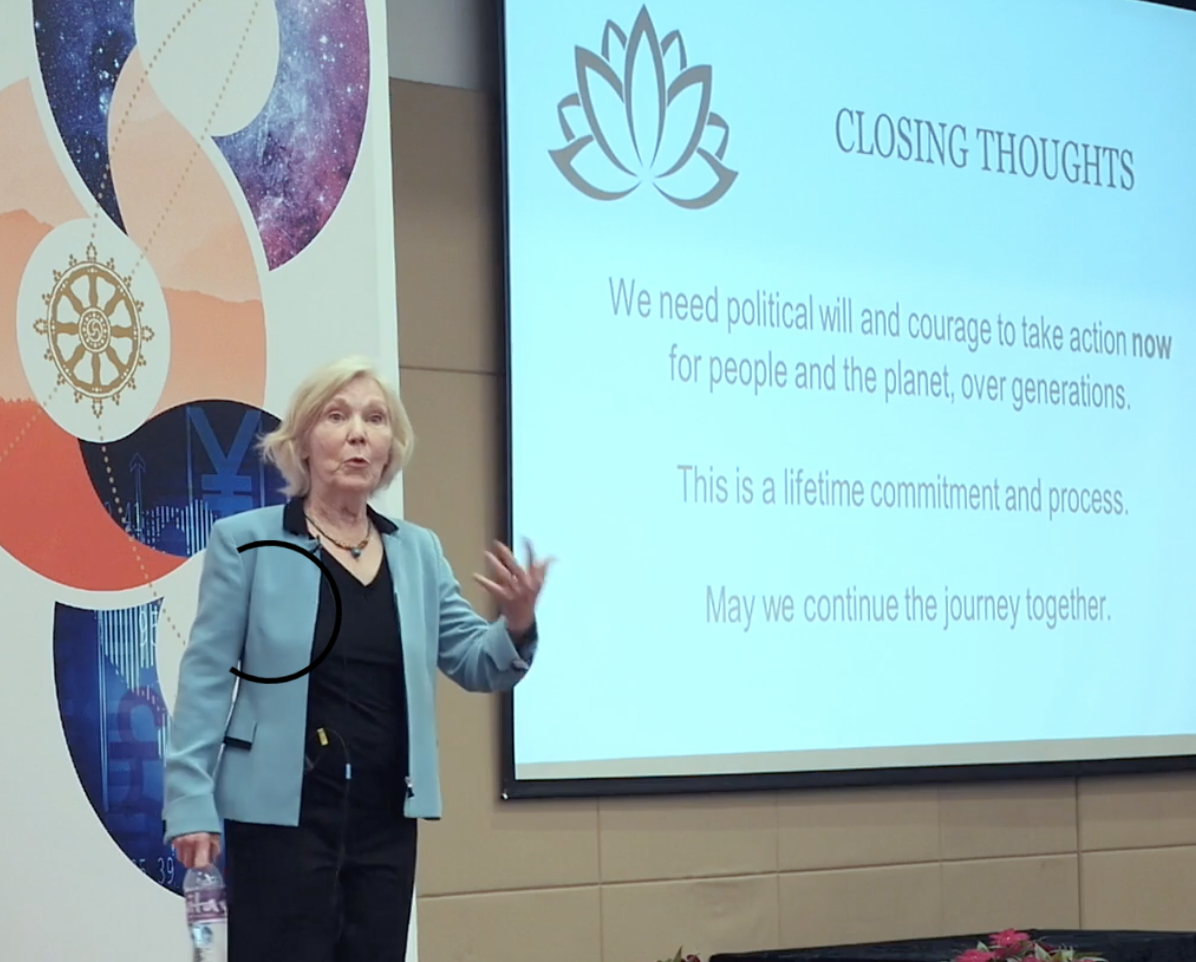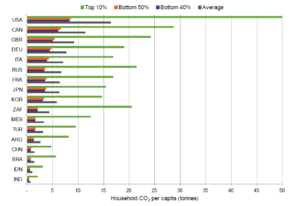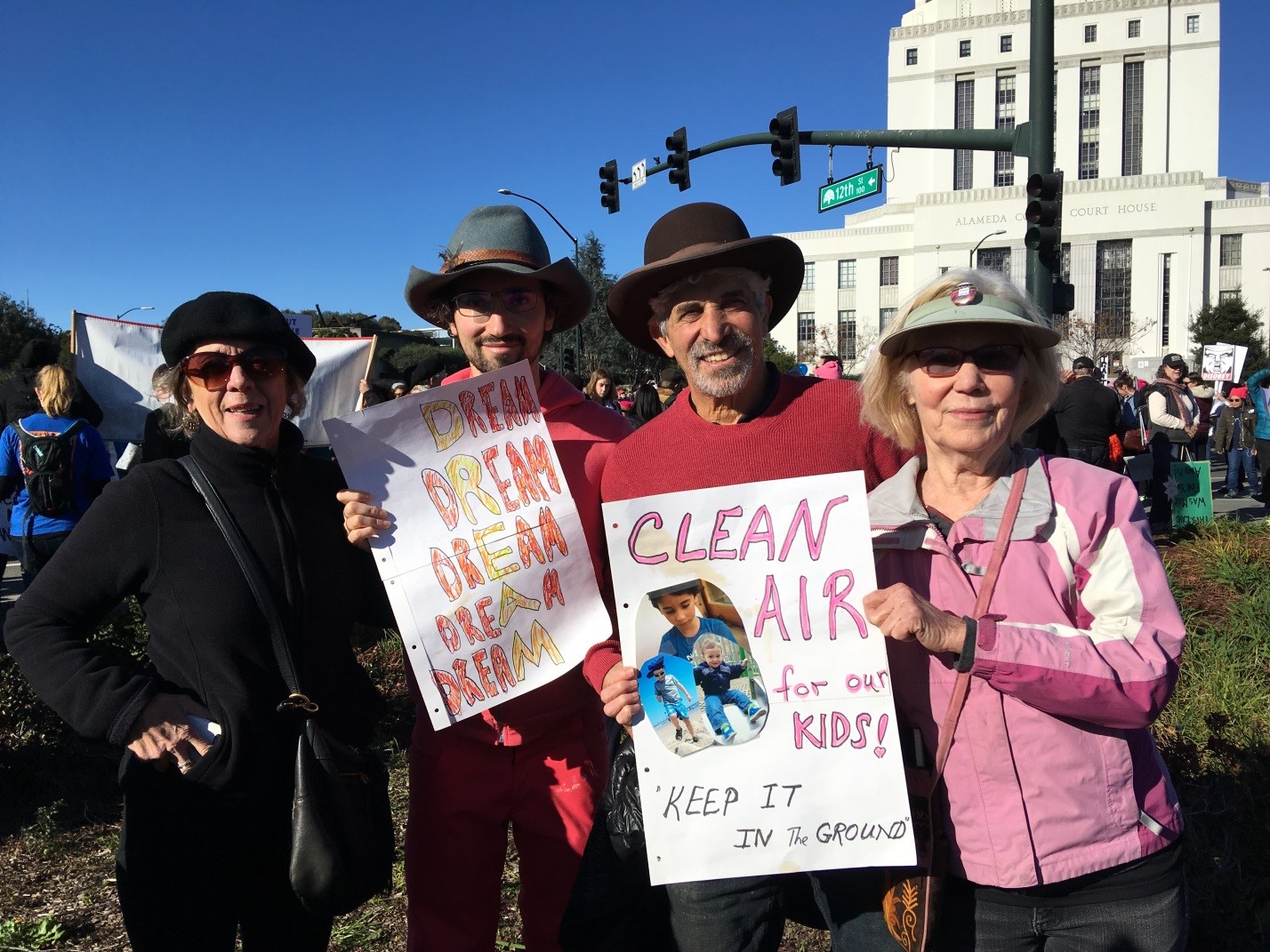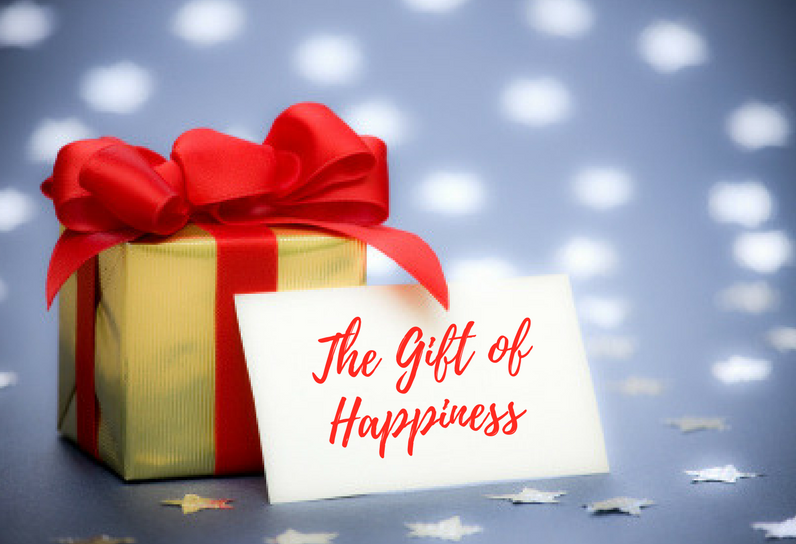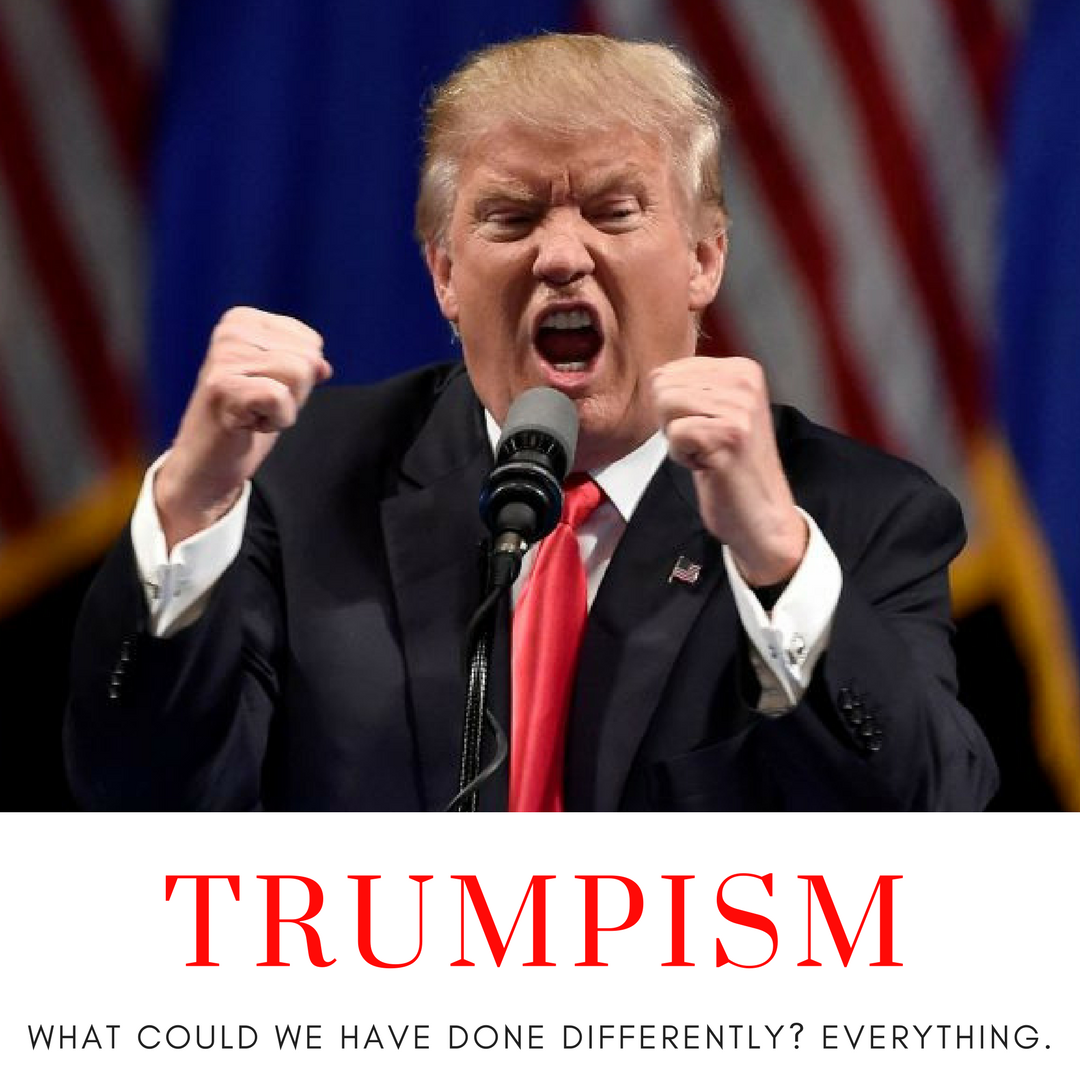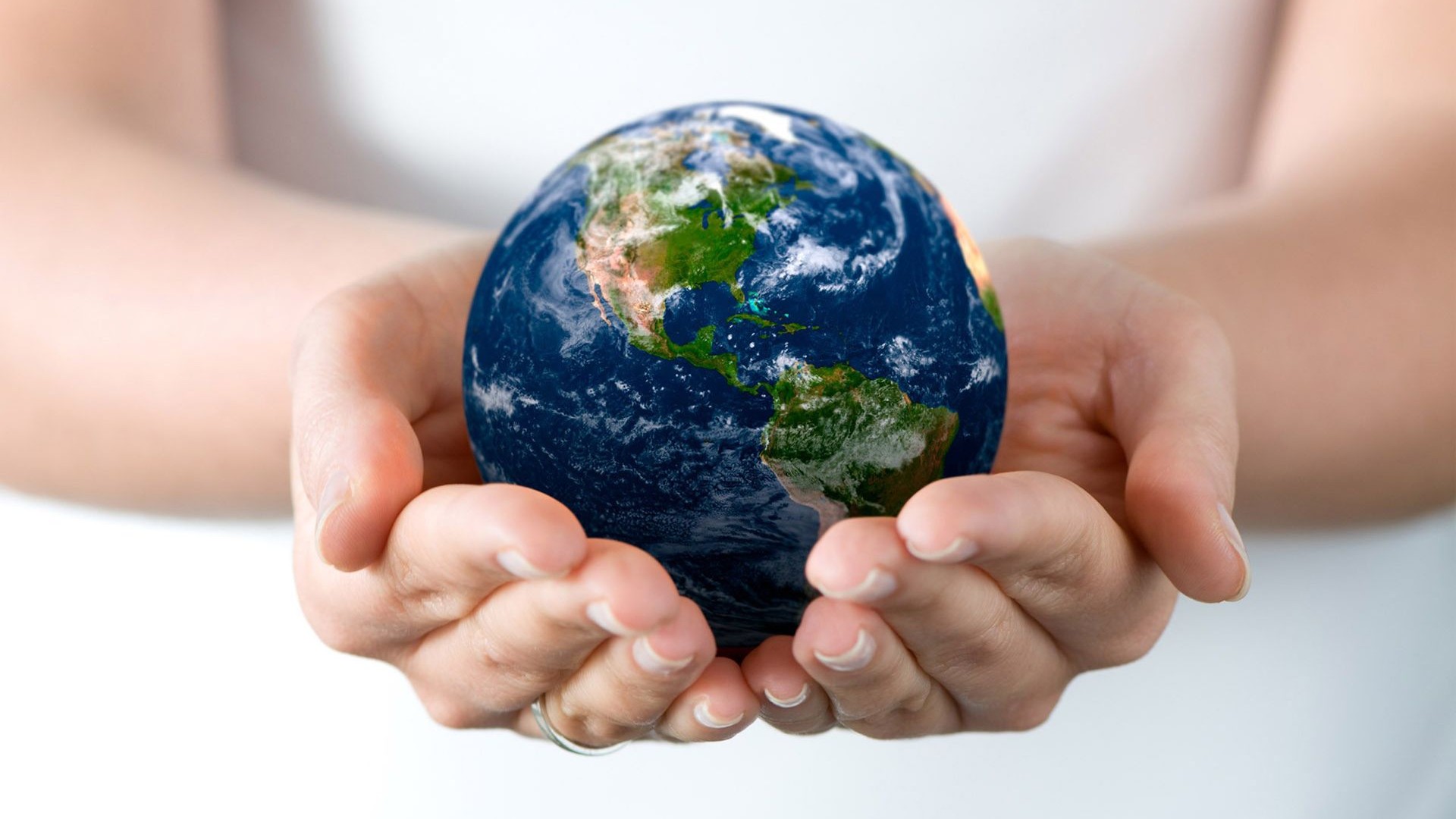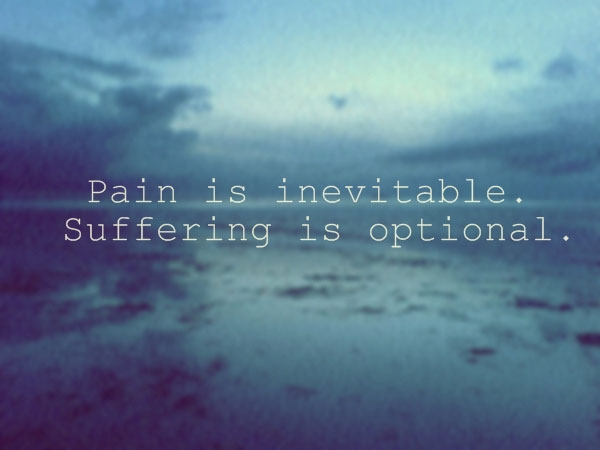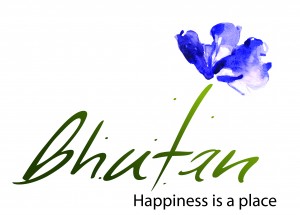I am on the way to Bhutan, the small Buddhist country who gave us “Gross National Happiness” (GNH) instead of Gross Domestic Product (income) to measure economic performance. Chapter 7 in Buddhist Economics: an enlightened approach to the dismal science explores these ideas and provides a path for moving forward on measuring quality of life.
Our human nature and what makes us happy is at the heart of GNH and Buddhist economics, where human nature is believed to be generous and altruistic, even as we also care about ourselves. Buddha taught that all people suffer from their own mental states, with feelings of discontent that come from desiring more and more. The Dalai Lama tells us that the feeling of not having enough and wanting more does not arise from the inherent desirability of the objects we are seeking, but from our own mental illusions. Buddha taught us how to end suffering by changing our states of mind, which translates into finding happiness through living a meaningful life.
In contrast to Buddhist economics, traditional (free market) economics holds that human nature is self-centered and that people care only about themselves as they push ahead to maximize their incomes and fancy lifestyles. According to this approach, buying and consuming—shopping for new shoes or playing a new video game—will make you happy. But soon you grow tired of the shoes, become disappointed with the game, and are off shopping again. In this endless cycle of desire, we are continuously left wanting more without ever finding lasting satisfaction.
Economics based on hedonic happiness, or personal pleasure with the avoidance of pain, focuses on pursuing money and buying things that make you feel good, at least in the moment. This short-lived happiness fits in well with our materialistic, goal-oriented economy. We chase our dreams of large wealth or great power or awesome sex or a major championship in the belief that they will bring us lasting happiness. Our purchase, or promotion, or love affair gives us a high. Yet that high soon wears off, and we are off chasing the next high.
Buddhist economics rests upon Aristotle’s eudaimonic happiness, where happiness comes from self-realization, and living a worthy and moral life in service to others and the community. Aristotle teaches us, “He is happy who lives in accordance with complete virtue and is sufficiently equipped with external goods, not for some chance period but throughout a complete life.” He also says, “The contemplative life is happiest.”
The Dalai Lama warned that material gain is based on an erroneous assumption that what we buy “can by itself alone, provide us with all the satisfaction we require.” He teaches us that “genuine happiness is characterized by inner peace and arises in the context of our relationships with others.” In Buddhist economics, people strive to act ethically, which includes not harming others, even not ruining others’ experiences or happiness. For example, you cause harm when your words or actions anger others, or make them (and yourself) feel desire or attachment, hatred or aggression, delusion, pride, and envy, or other mental poisons (called kleshas in Buddhism).
Finding inner happiness is one of the goals of Buddhist economics. Buddhism holds that we attain true freedom and peace only when we quit our mental habits of reacting with cravings for external stimuli (“I’ve got to own that!” “Win this game!”) and reacting with aversion to external forces (“I can’t stand that!” “Defeat it!”). Instead, Buddhism says to quiet your mind: notice the beauty as you go for a walk, enjoy your food as you eat, connect more intimately with your friends.
Economists have demonstrated that people care about fairness, and want to be part of an organization or society that they consider just and fair. When psychologists study what makes people happy, they find that being kind to others makes people happier. People only need moments of compassion to build upon, because there is a positive feedback loop: when you do a kind deed (take your mom to lunch), you become happier, which makes it more likely you will do another kind act (help your neighbor carry in groceries). Kindness makes you happier, and happier people engage in more acts of kindness.
Positive psychology demonstrates how well-being comes from experiencing a life that has meaning beyond merely feeling happy, which complements Buddhist economics. For example, positive psychologist Seligman teaches exercises to promote well-being based on engagement, good relationships, accomplishment and purpose.
In Buddhist economics, we discriminate between real happiness built upon a fully developed mindful life, and temporary happiness built around money and never-ending desires. In Buddhist economics, people do not aim to maximize their own income, because we want to ensure the happiness and well-being of all people.
Buddhist economics provides guidance both for restructuring the economy to place concerns about inequality, sustainability, and the human spirit at its center, and for leading meaningful, happy lives. “Practice compassion to be happy” replaces “More is better.” “Maximize your own position” becomes “Everyone’s well-being is connected.”
May you be happy!
